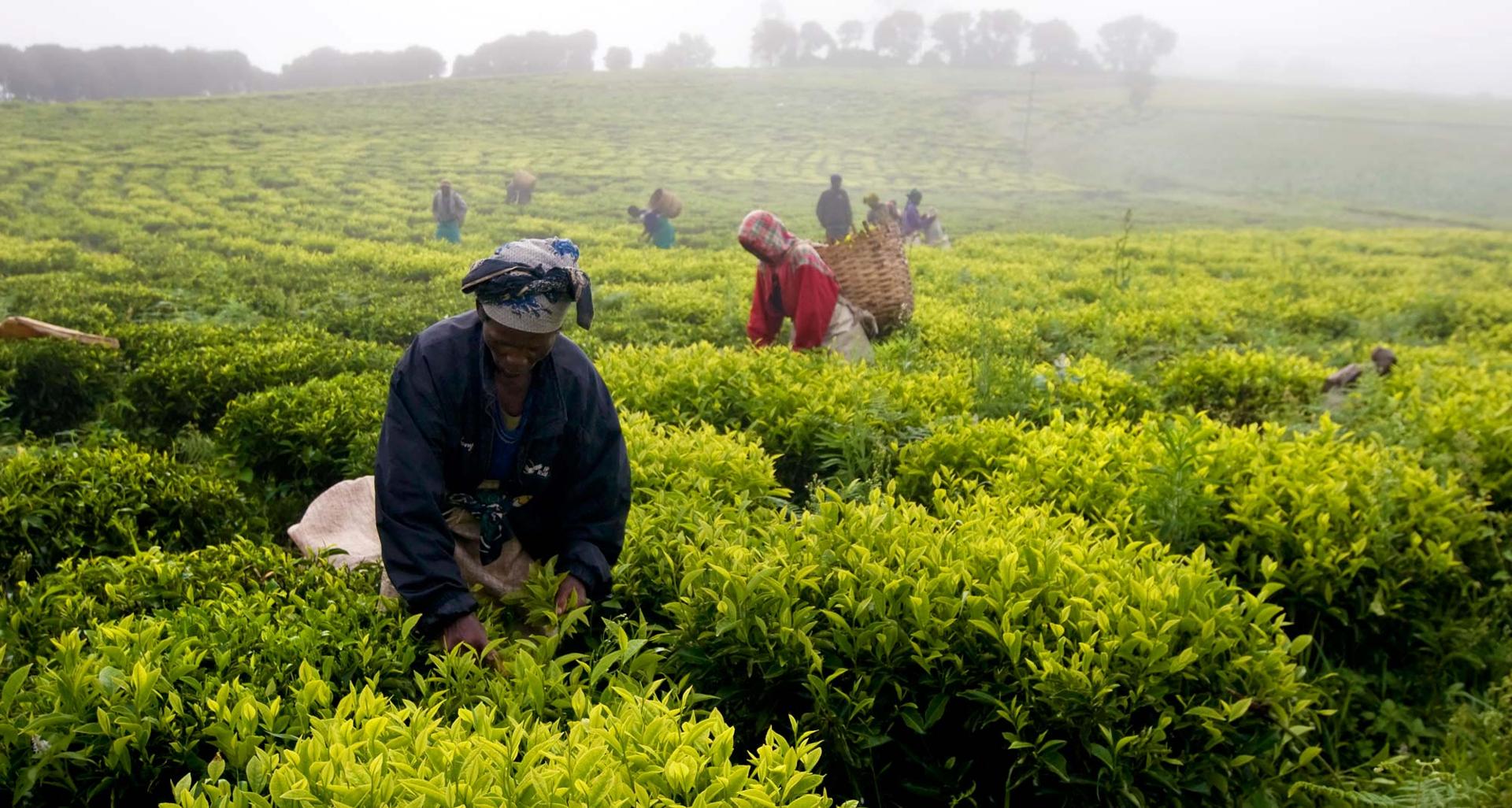Africa-Press – Tanzania. THE government on Thursday announced various measures, including making amendments to various tax structures in the agriculture sector to promote economic recovery and growth.
Minister for Finance and Planning, Dr Mwigulu Nchemba, said that the proposed amendments would maintain stability in the tax system, which is predicted to further create a conducive investment climate suitable for foreign direct investment as well as local.
He was presenting the Government’s budget for the financial year 2021/22 before the National Assembly in the capital city of Dodoma, yesterday.
Dr Nchemba further proposed changes in rates of fees and levies charged by Ministries, Agencies, Regulatory Authorities, Regions and Independent Departments in order to reflect the current value of money taking into account the inflation.
The proposed amendments, according to him, includes the Ministry of Agriculture to introduce the fee for Irrigation Communities, notably, the registration fee of 60,000/- for Irrigation Communities and Irrigation Service Fee of 5 percent of Seasonal harvest for an area for Irrigation Communities.
Regarding the Value Added Tax Act, 2014, the minister proposed amendments fees imposed on cold rooms (HS Code 9406.10.10 and 9406.90.10) with a view of reducing production costs and promoting modern horticultural farming in the country. Dr Nchemba also announced amendments on Exempt Value Added Tax on insurance of livestock farming to promote livestock farming in addition to crop insurance.
The minister told the House that the government will abolish Value Added Tax exemption on cans intended for preserving milk with HS Code 7310.29.20, instead exempt Value Added Tax on both Aluminium and Stainless-steel Milk cans with HS Code 7310.29.90, 7310.10.00 and 7612.90.90. Such a measure, the minister said, was intended to reduce production costs and promote the modern dairy milk industry in the country.
The minister also announced a proposal for amendments to the Income Tax Act. The aim is to introduce a non -final withholding tax of two percent on payments which are made to suppliers of agro -products, livestock and fisheries when supplied to processing industries, millers and other Government Agencies.
“Currently, only Government Institutions such as NFRA, withhold two percent on payments as a non -final withholding tax to withholders. However, this measure will not apply to small farmers and sales to Agricultural Marketing Cooperatives Societies (AMCOS),” he said.
The minister told the House that such a measure was expected to increase Government revenue by 43,954.2 million shillings. He pointed out that amendments to the Excise (Management and Tariff) Act would introduce excise duty of 10 percent on imported and locally produced synthetic (plastic) fibres (Heading 55.11 and 56.07) except fishing twine (HS Code 5607.50.00).
Such a measure, according to him, aimed at promoting Local manufacturing of sisal products and protecting the environment and that it would increase government revenue by 2,644 million shillings.
On The East African Community Customs Management Act, 2004, Dr Nchemba announced the stay of application of the EAC CET rate of 10 percent and applied a duty rate of 25 percent for one year on cotton yarns Headings 52.05; 52.06; and 52.07.
He pointed out that there is a great potential of producing cotton yarns in the country by increasing value addition of cotton and enhancing cotton to cloth (C2C) strategy.
The minister also announced to continue to grant stay of application of the EAC CET rate of 25 percent and apply a duty rate of 35 percent for one year on HS Code 6305.10.00 (Sacks and bags, of Jute or other textile bast fibres of heading 53.03) to encourage growth of the sisal products industries in the country.
He said that the government will continue to grant a stay of application of EAC CET rate of 10 percent and apply a duty rate of 25 percent for one year on Crude vegetable oils of various HS Codes to promote domestic production of vegetable oils. According to Dr Nchemba the government would not tolerate seeing crops decaying, while en route to the market due to the poor state of roads because of failure to reach the market on time.
“In agriculture, crops are decaying because of failure to be delivered on time to the destination due to poor roads. We will not allow this situation to persist, we must tighten our belts and resolve this challenge,” Dr Nchemba state







